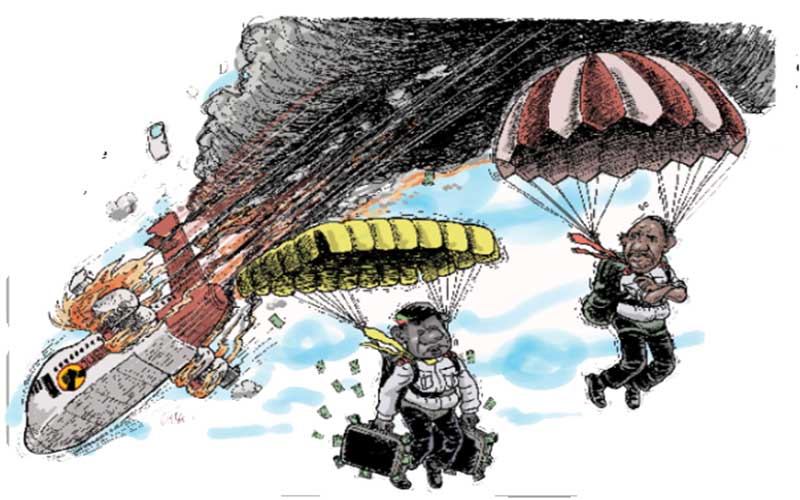×
The Standard e-Paper
Join Thousands Daily

Have the wheels come off the once formidable Jubilee juggernaut? Fairly speaking, it wouldn’t be harsh to say yes. The riddle now seems to be who will take the blame for what is becoming Jubilee’s slow-motion death.